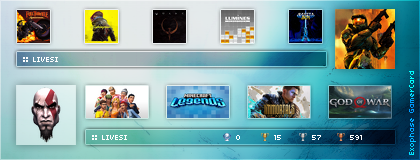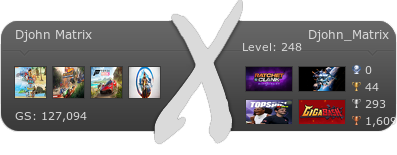
In 1994 Cash stunned the music world with this commanding collection of 13 solo acoustic performances that roll from gospel to cowboy to sarcastic folk. Minimalism had long been Cash's meal ticket, but this time around, producer Rick Rubin stripped it all away, recording the bulk of the record in Cash's cabin or his own living room (two cuts were captured live at the Viper Room in front of an emphatic audience). Cash offers five typically direct and vivid originals, but he also seizes control of songs by Kris Kristofferson, Nick Lowe, Leonard Cohen, Tom Waits, and Loudon Wainwright. Forty years after "Hey Porter," Cash delivers a pure, naked, and incredibly moving record that, dare we say, rivals the impact of his greatest achievements.

The first four songs on Unchained come from the songbooks of Beck, Don Gibson, Soundgarden, and Jimmie Rodgers. What might look like absurdly unsupportable eclecticism in other artists, of course, is pretty much standard stuff for Cash. Unchained is hardly standard, though; it's more like the best album he's made since his 1984 departure from Columbia Records. Not only is this a stack of songs perfectly and idiosyncratically suited to the man, they're given door-rattling backing treatment by Tom Petty and the Heartbreakers, who prove as fitting for Cash's music as his own Tennessee Two was back in the day.

For younger generations of musicians, having their song cut by Johnny Cash must be a little like scaling the Washington Monument. On his third album for producer Rick Rubin's American label, Cash makes Tom Petty's "I Won't Back Down" sound like a companion classic to "I Walk the Line." He transforms U2's "One" into a sturdy testament of plainspoken faith, while he plumbs the netherworld of Nick Cave's "The Mercy Seat" and Will Oldham's "I See a Darkness." Amid more familiar fare (including Neil Diamond's title track), the album's sing-along standout is the deadpan, down-and-out, talking blues of "Nobody." Cash's recent originals have the age-old purity of Appalachian music, while the traditional closing of "Wayfaring Stranger" offers bittersweet benediction. Merle Haggard, Sheryl Crow, and June Carter Cash provide vocal cameos.

On first thought, the idea of the Man in Black recording such covers as "Bridge over Troubled Water," "Danny Boy," and "The First Time Ever I Saw Your Face" might seem odd, even for an artist who's been able to put his personal stamp on just about everything. But American IV: The Man Comes Around, which also draws on Cash's original songs as well as those by Nine Inch Nails ("Hurt"), Sting ("I Hung My Head"), and Depeche Mode ("Personal Jesus"), may be one of the most autobiographical albums of the 70-year-old singer-songwriter's career. Nearly every tune seems chosen to afford the ailing giant of popular music a chance to reflect on his life, and look ahead to what's around the corner. From the opening track--Cash's own "The Man Comes Around," filled with frightening images of Armageddon--the album, produced by Rick Rubin, advances a quiet power and pathos, built around spare arrangements and unflinching honesty in performance and subject. In 15 songs, Cash moves through dark, haunted meditations on death and destruction, poignant farewells, testaments to everlasting love, and hopeful salutes to redemption. He sounds as if he means every word, his baritone-bass, frequently frayed and ravaged, taking on a weary beauty. By the time he gets to the Beatles' "In My Life," you'll very nearly cry. Go ahead. He sounds as if he's about to, too. Unforgettable.

















